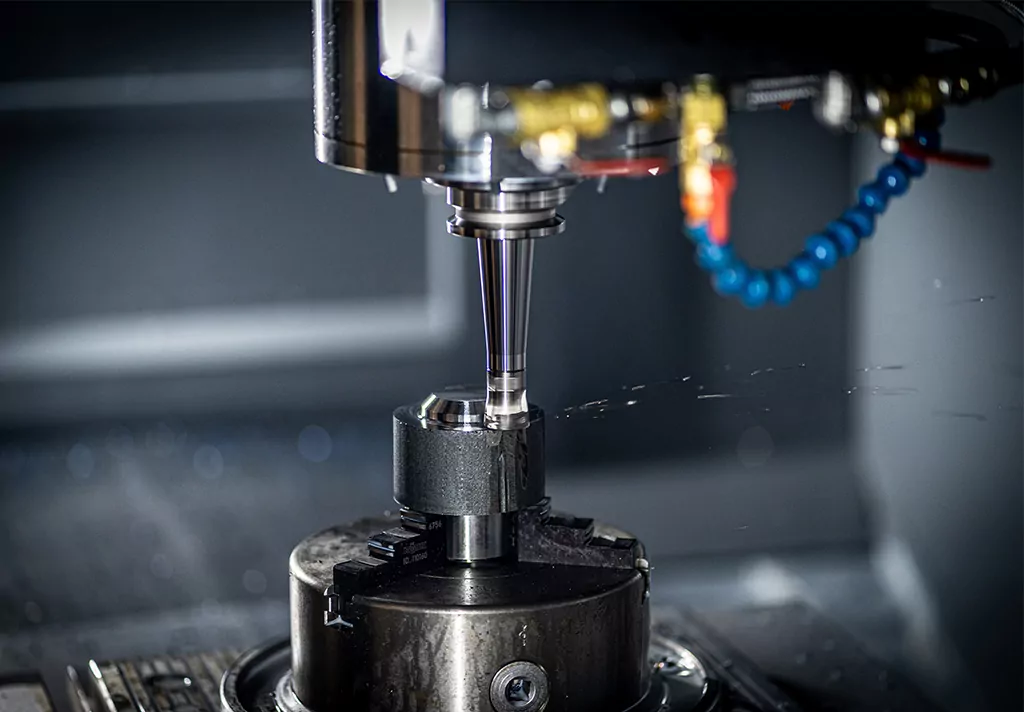Unlocking Efficiency and Precision: Understanding Turning Services in None industry
الجسم
Unlocking Efficiency and Precision: Understanding Turning Services in Rose Solian industry

Introduction
Turning services play a crucial role in various industries, enabling the efficient and precise shaping of materials. This article aims to provide a comprehensive understanding of turning services in the context of the Rose Solian industry. By exploring the principles, applications, and benefits of turning services, we can unlock new avenues for innovation and productivity.
The Basics of Turning Services
Turning services involve the use of lathes or turning machines to remove material from a workpiece, resulting in the desired shape and dimensions. This process is achieved by rotating the workpiece while a cutting tool is applied to it. The cutting tool can be stationary or moved along the workpiece to achieve different shapes and contours.
Turning services are widely used in industries such as automotive, aerospace, manufacturing, and construction. They are particularly valuable for creating cylindrical or conical shapes, as well as for producing threads, grooves, and other intricate features.
Unlocking Efficiency and Precision
One of the key advantages of turning services is their ability to unlock efficiency and precision in the manufacturing process. By utilizing advanced turning machines and techniques, manufacturers can achieve high levels of accuracy and repeatability in their products.
For example, computer numerical control (CNC) turning machines allow for precise control over the cutting process. The use of CNC technology enables the automation of turning services, reducing human error and increasing productivity. This level of precision is essential in industries where tight tolerances and quality control are paramount.
Moreover, turning services can significantly improve efficiency by reducing material waste. The precise removal of material ensures that only the necessary amount is taken away, minimizing scrap and optimizing material usage. This not only reduces costs but also contributes to sustainable manufacturing practices.
Applications of Turning Services
Turning services find applications in a wide range of industries and products. In the automotive industry, turning services are used to create engine components, such as crankshafts, camshafts, and pistons. These components require high precision and durability to ensure the smooth operation of vehicles.
In the aerospace industry, turning services are utilized to manufacture critical parts for aircraft, including landing gear components, turbine shafts, and wing spars. The ability to produce complex shapes and profiles with tight tolerances is essential for ensuring the safety and performance of aircraft.
Turning services are also instrumental in the production of consumer goods, such as plumbing fixtures, door handles, and furniture components. The versatility of turning machines allows for the creation of various designs and finishes, catering to different aesthetic preferences.
Unlocking Innovation through Turning Services
As technology continues to advance, turning services are evolving to unlock new possibilities for innovation. For instance, the integration of additive manufacturing with turning services enables the production of complex geometries that were previously challenging to achieve.
By combining the precision of turning services with the flexibility of additive manufacturing, manufacturers can create customized products with intricate features and improved functionality. This opens up opportunities for industries to develop unique solutions and meet the ever-changing demands of consumers.
Furthermore, the use of advanced materials, such as composites and alloys, in conjunction with turning services allows for the production of lightweight and high-strength components. These materials offer enhanced performance characteristics, making them ideal for applications in industries such as aerospace and automotive.
Conclusion
Turning services are a vital aspect of modern manufacturing, offering efficiency, precision, and innovation across various industries. By understanding the principles and applications of turning services, businesses can unlock new avenues for growth and productivity.
Whether it is shaping engine components, manufacturing aircraft parts, or creating consumer goods, turning services play a crucial role in delivering high-quality products. As technology continues to advance, turning services will continue to evolve, enabling even greater efficiency and precision in the manufacturing process.










تعليقات